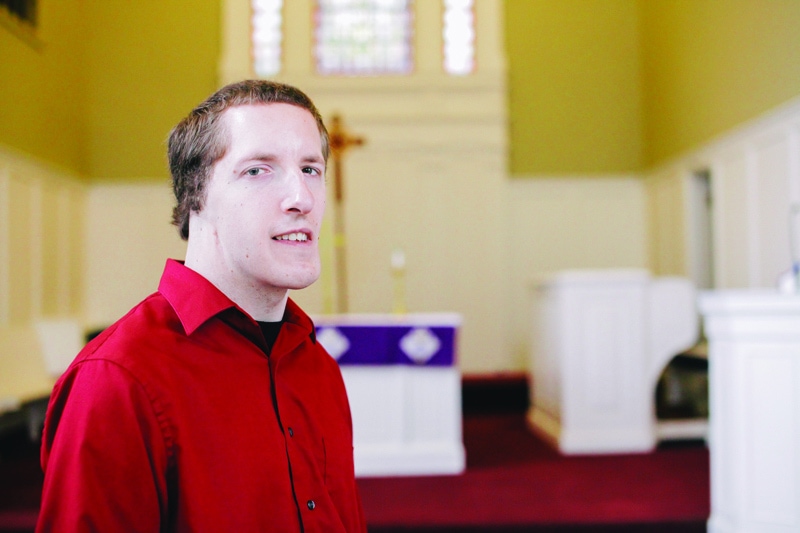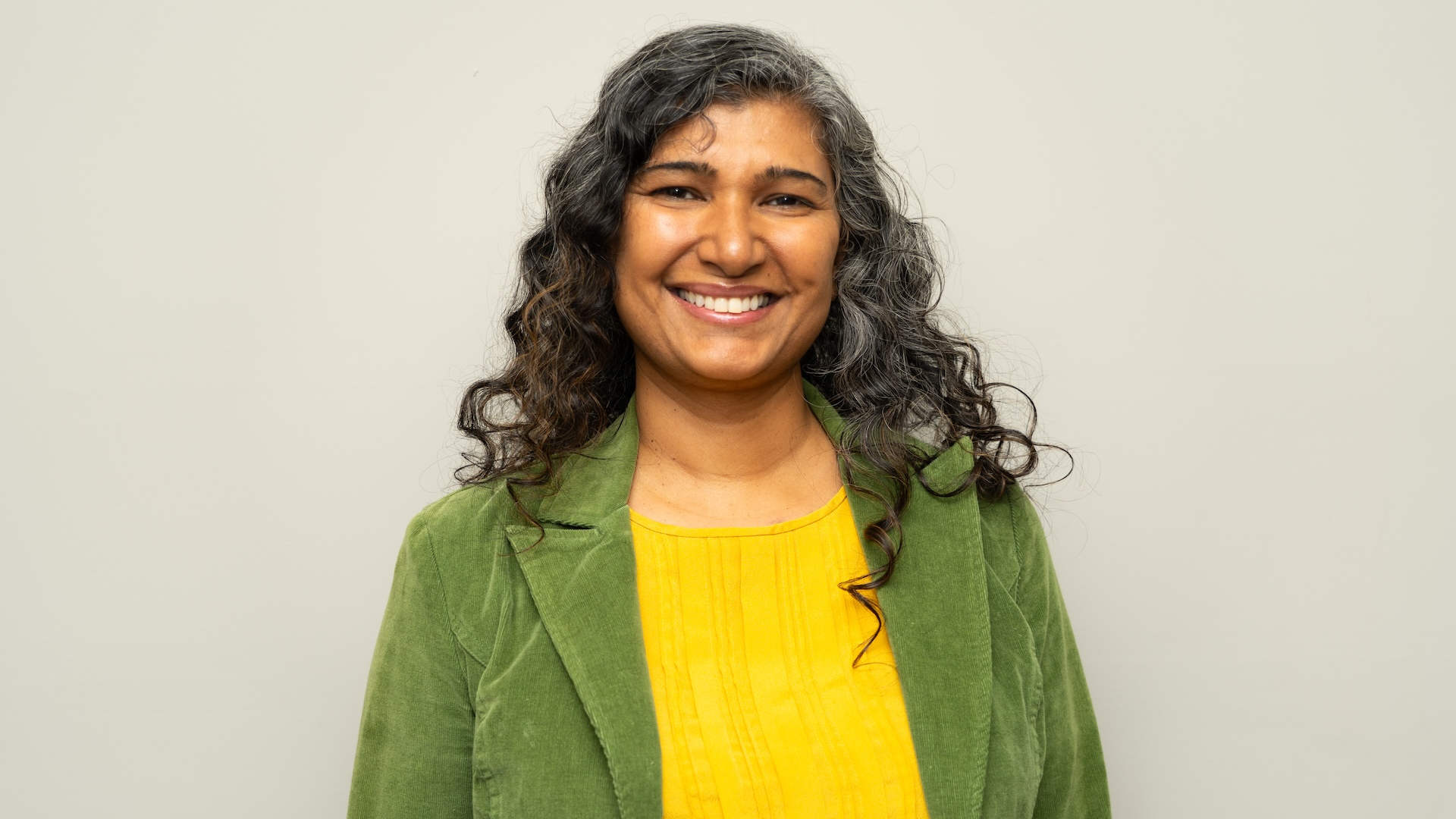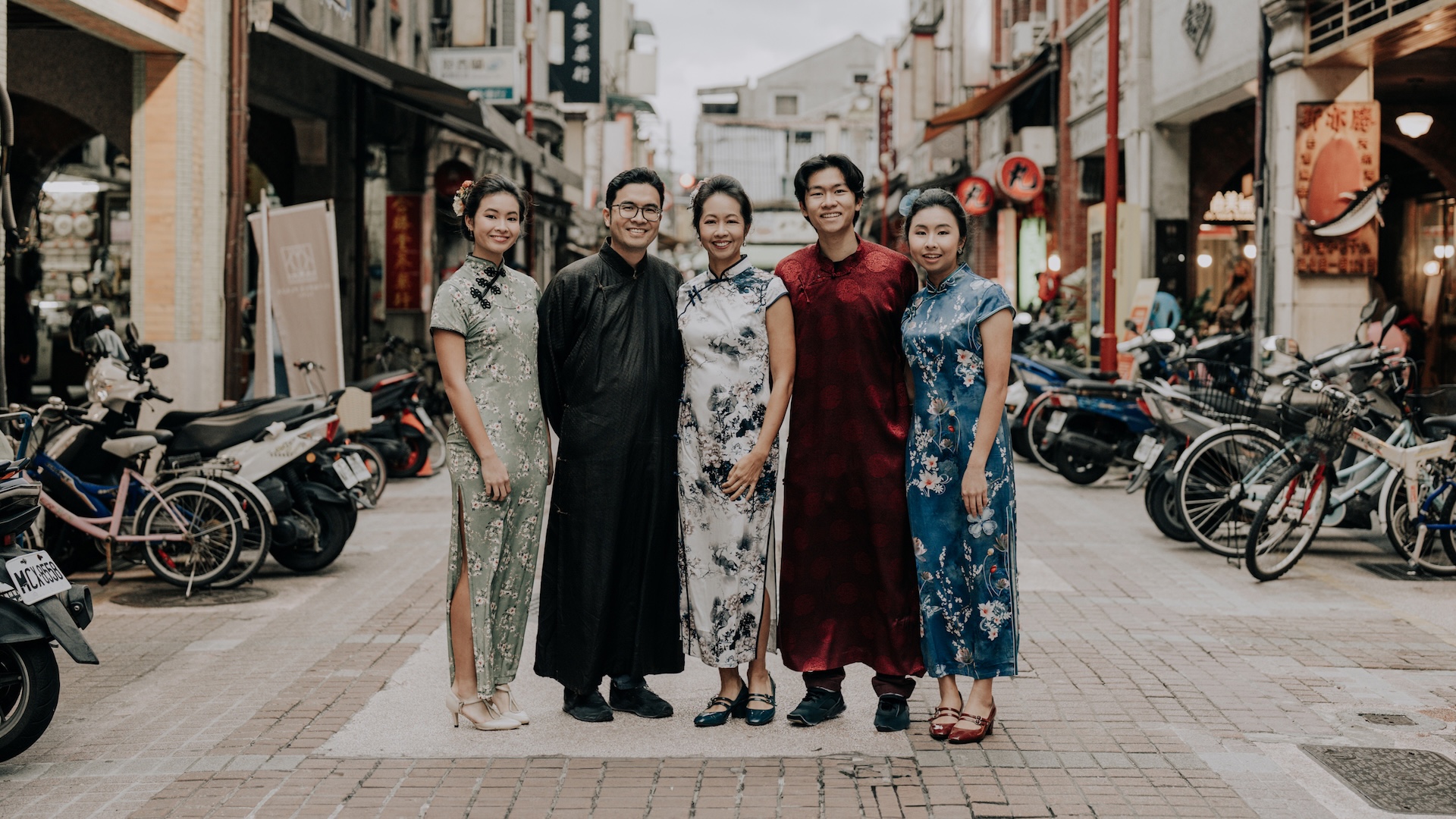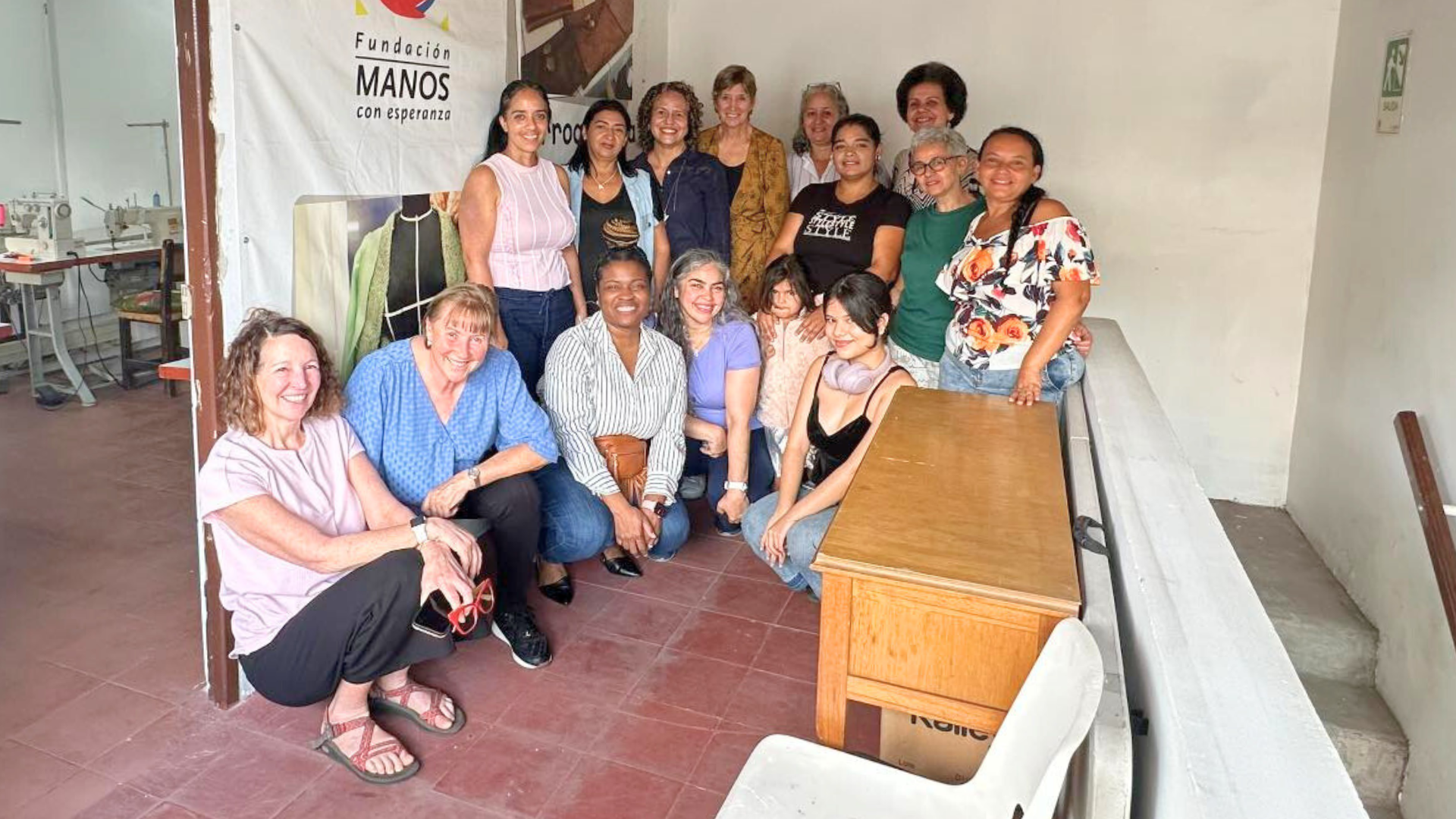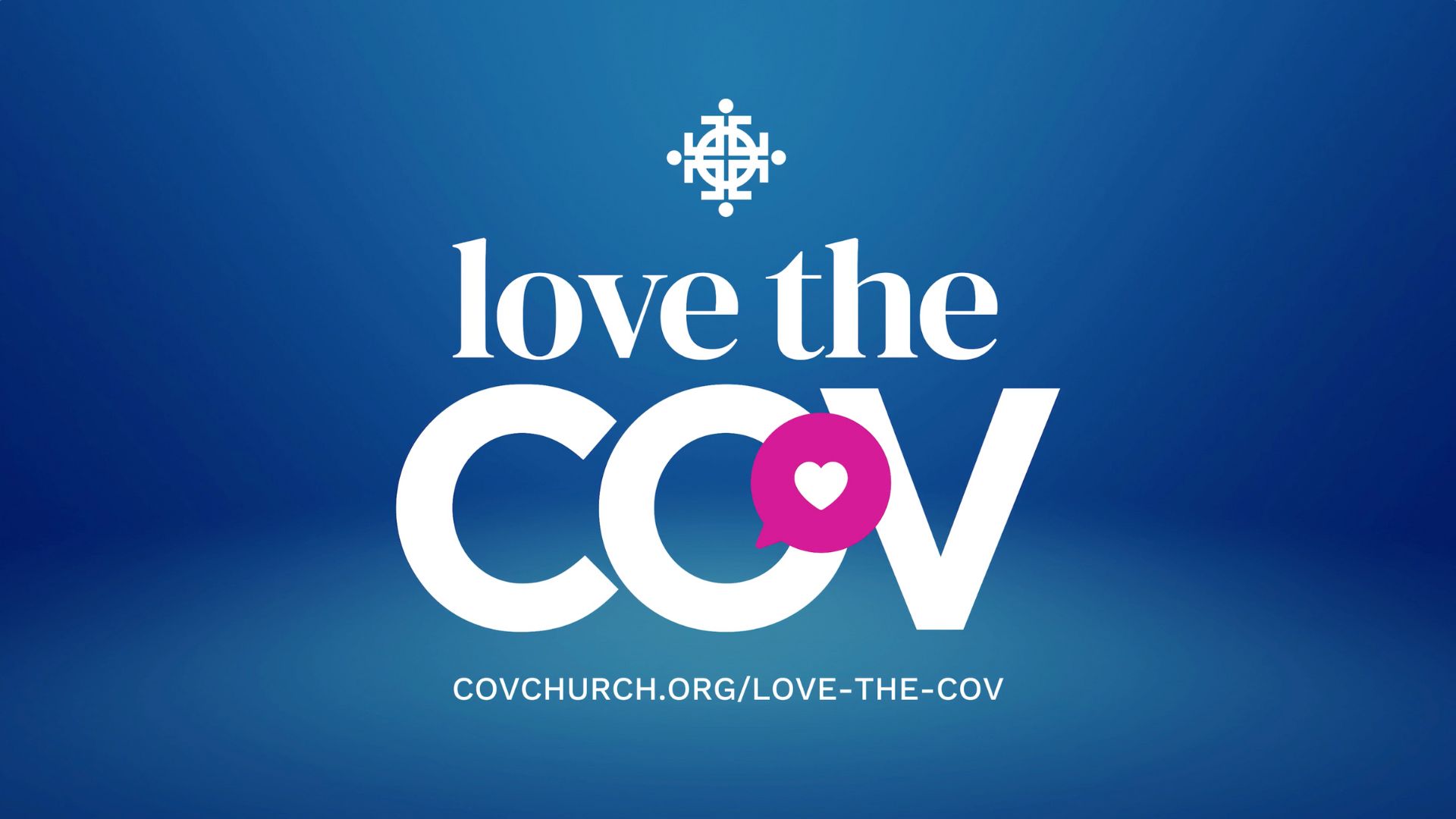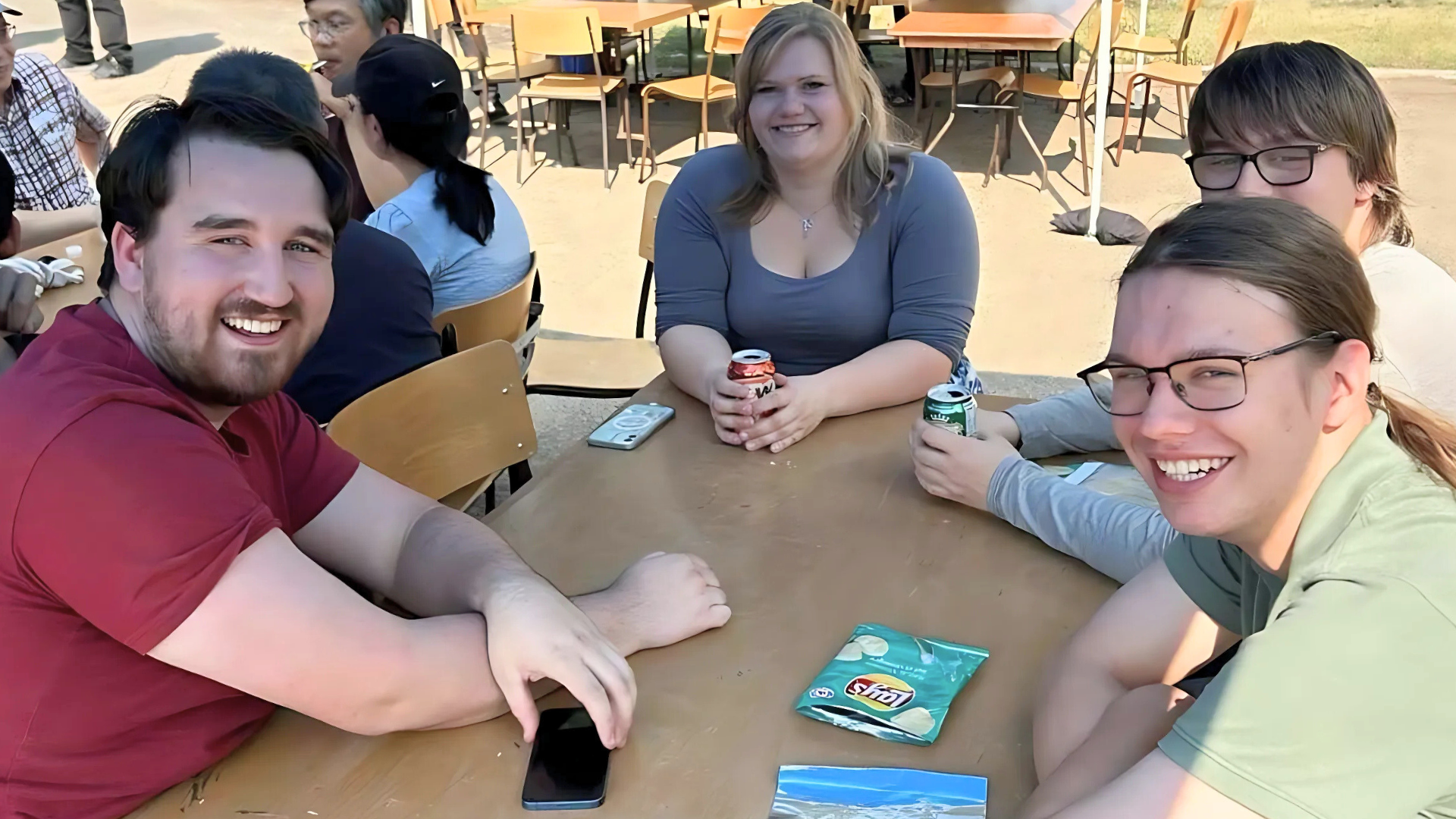The summer before my senior year in high school, I decided to undergo a procedure to get magnetically attaching ears. In a year I would be heading off to college—a new place where no one would know me—and I wanted to make a good first impression. I thought the ears would help me be more confident and social. I thought they would help me feel “normal.” They did just the opposite.
I was born on August 31, 1985, with a birth defect known as Goldenhar syndrome. That means I was born with heart trouble, a deformed jaw, and without ears. I have had around thirty surgeries in my life, and I’ve spent many years trying to figure out just how someone like me could fit into this world.
The small hospital in the rural, southern Minnesota town of St. James where I was born did not have the capacity to handle my medical needs, so my family packed up and moved to the Twin Cities where I would first spend most of my days at the University of Minnesota Medical Center, and then later at Minneapolis Children’s Hospital. I received my first hearing aid as an infant, and I’ve been able to hear ever since. I had early surgeries to do patchwork on my heart so when I got older they could fix the hole in it. I had difficulty eating and breathing so the doctors put feeding tubes in and tried but failed to figure out why I had such trouble breathing. On one occasion, I aspirated and arrested. I was without oxygen for about five minutes.
My grandparents like to tell the story about when they would come to visit my parents and me at the hospital. I was covered in tubes, and my resting heart rate was pretty high. It did not even slow down much when my mother held me because that did not always mean I was safe from pricks and needles. Yet when Grandpa held me in his hands, my heart rate slowed. Somehow I knew that when Grandpa or Grandma was holding me, I was not going to be poked and prodded.
My condition stabilized as I grew older. The feeding tubes came out, and the doctors figured out that my tonsils were causing most of my breathing problems. The quarter-sized hole in my heart was patched in a surgery when I was around six that I miraculously recovered from in a week. The two other patients before me who had had the same surgery never made it out of the operating room.
In the next major surgery doctors took an entire rib from my side and placed it into my jaw in order to lengthen my jawbone. The goal was to straighten out my jaw and to help me open my mouth wider. This was the first of three times in my life when my mouth was wired shut for six weeks or longer. I ate all of my food through a straw, and the opening was wide enough to allow me to eat mashed-up pancakes, puréed spaghetti, lots of chocolate shakes, and way too much soup.
Around that time I remember sitting quietly in the doctor’s office while the doctor made and colored my prosthetic ears. I never minded these visits. They were painless and the office had a great view of the Minneapolis skyline. At that time my ears were glued onto the side of my head. Although I often took them off at home, I always wore them in public. If they fell off at school, I would go directly to the nurse’s office so I could put them back on—even though everyone at school knew they weren’t real. Yet even with the ears, I was not comfortable around the other kids or even with myself. Many mornings I would try to fake being sick so I would not have to go to school and face my classmates. But my parents knew better. They made me go anyway.
When I was seven the major surgeries stopped for a few years. My parents moved back from the Twin Cities to the St. James area, and I was able to run, jump, play, and be a halfway regular kid. Still, I did not fit in very well at school and I was teased a lot. My classmates somehow got me to do a recurring “joke” where I covered my face with my hands and in a weird voice cried, “I’m ugly!” They would laugh, and I would do it again the next day and they would laugh again.
Eight years later, I had another jaw surgery. Instead of a rib they took pieces of my hip to help further straighten out my jaw. Again my mouth was wired shut. But this time the hole was smaller, so I was even more restricted with what I could eat—no spaghetti in a blender this time.
Because I had long since realized that my classmates knew I didn’t have ears, I stopped wearing them during high school. But new technology and artistry meant that the magnetically attaching ears looked more real than ever. So I decided to undergo the new procedure which entailed two surgeries within two months.
The ears did look real. When I started college, no one knew, at least at first glance, that my ears were fake. But I struggled to fit in. I wanted people to know me, yet at the same time I didn’t. I wanted people to know that I was a person who did not have ears and I wanted them to know my past—but I did not want their first impression of me to be as “the guy without ears.” In fact, my prosthetic ears made me less confident. I hated hiding, yet I didn’t have the courage not to hide.
There were times when I would go months without face-to-face conversations with anyone who wasn’t in my family. After being picked on and teased throughout so much of my childhood, I never figured out how to make friends. Making new friends in a new place can be hard enough for the most social of people, much less a quiet, self-conscious young adult.
I decided to stop wearing my ears so at the very least people would know who I was even if I had trouble relating to them. Just as wearing ears did not help, not wearing ears made little impact as well.
So I gave up. Getting out of bed in the morning was one of the most difficult things I did. Sometimes I didn’t even do that. I lived in a house just off campus one year, and there were many days when I slept all day long. I failed my classes because I did not go. I worked a handful of part-time jobs—Wal-Mart, tutoring English, shipping clerk at a local publishing company—but I didn’t last in any of them more than three months. I would quit, my parents would tell me I needed to get my act together, and I would get another job.
One thing that continued to frustrate me was that whether or not I wore my ears, my face still looked crooked. So I tried one final large medical procedure to “fix” my face. In May of 2006, a couple of months before I turned twenty-one, I underwent another set of surgeries. The doctor performing the surgery took part of my shoulder bone and muscle to fill out the side of my face. The first surgery lasted about twelve hours—in order to keep the new muscle in my face alive, they had to attach all of the blood vessels and keep the blood from clotting. The next day I had another surgery because the muscle was not taking to its new home.
I was in and out of consciousness for about three days after the surgeries. Doctors kept the wound open, and leeches were placed in the wound to help thin the blood. It was my last major surgery, and of them all, it was the most painful. I had a couple of follow-up surgeries, but none of them fixed my face as I had hoped. I still had a crooked nose, and I still looked different from everyone else.
When I realized that no surgery was going to make me normal, I hit my low point. I went to a party one night and got drunk. The next day I drove away from home not quite sure where I was going or what I would do. I left home without my cell phone and left my parents a note telling them I was sorry. Eventually I came to my senses and I turned back home, arriving about twelve hours after I had left. I made it back home in the middle of the night to my mother’s tears. But I still just wanted the pain to stop.
After that incident I struggled with abusing pain killers until finally God started to grab ahold of my heart. My parents and grandparents had often told me that God had kept me alive for some special reason. My mom told me people had prayed for me when I was sick, and I had made it through everything because of those prayers and because of God. Yet sometimes I struggled to even believe God existed. Perhaps God had indeed saved me, but if this painful life was what he saved me for, was it worth it?
I began to express my anger. I was able to cry out to God, articulating my frustrations. I began to ask God all those questions I’d been harboring. Those questions and that anger ultimately ended up drawing me closer to God and into the calling of pastoral ministry where I hope to help others draw near to God.

I began to learn that my identity as a child of God is more than whether or not I wear my ears. I am not just a person who was born without ears, I am a person in Christ. I am not just a person with a crooked face, I am a person put on this earth to love and serve others as Christ loved and served me. I am far from perfect, but I am being perfected by Christ’s love.
I also began to learn about forgiveness. I felt like I had to forgive God. I had to learn to accept his love, and what it means to be created in the image of God. I also had to learn to forgive others. I started seeing others as I wanted to be seen. Slowly, bitterness left, hate fell away. In forgiving I started to learn to be vulnerable and let others see the real Tyler.
Eventually I completely stopped wearing my ears. As I grew more confident in God, I grew more confident in myself. Unfortunately, my early undergraduate failures left me in a hole that I could not possibly climb out of. I withdrew from school and got a job with the U.S. Postal Service.
After a while I could no longer ignore God’s calling. I applied and was accepted at United Theological Seminary of the Twin Cities, and started taking classes in 2012. Because the M.Div. is a “professional” degree, some institutions accept students based on their life experience, without an undergraduate degree. That same year I also started working in my church—Trimont (Minnesota) Evangelical Covenant Church—work that eventually led to an internship and many opportunities to preach, teach, and build up others. To get even more experience, I transferred to North Park Theological Seminary. Last August I left Minnesota and moved to Chicago. I plan to earn my master’s of divinity degree in 2015.
My life changed when I started to realize that I am a child of God made in the image of God, and that I had been born again to a living hope through the resurrection of Christ. My attitude toward those who had teased me and picked on me for much of my childhood began to change when I realized that they too are children of God, made in the image of God.
I still do not always relate well to others, and I still have moments of loneliness and despair, but I am comforted in knowing that I can cry out to God in those times. I am also comforted by the verse from 1 Peter 1:3 that reads, “By his great mercy he has given us a new birth into a living hope through the resurrection of Jesus Christ from the dead.” Christ is alive and active in our world, helping to transform me—and you—and in transforming us, Christ is transforming the world.
When I cried out to God, I found God, and my life was changed—not because I suddenly grew a pair of ears and all my ailments were healed, but because I recognized God’s love and began to see differently. In Christ, I was a new creation, the old had passed away and the new had come.
Tyler Menssen is a master of divinity candidate at North Park Theological Seminary. He plans to serve a local church when he graduates.


